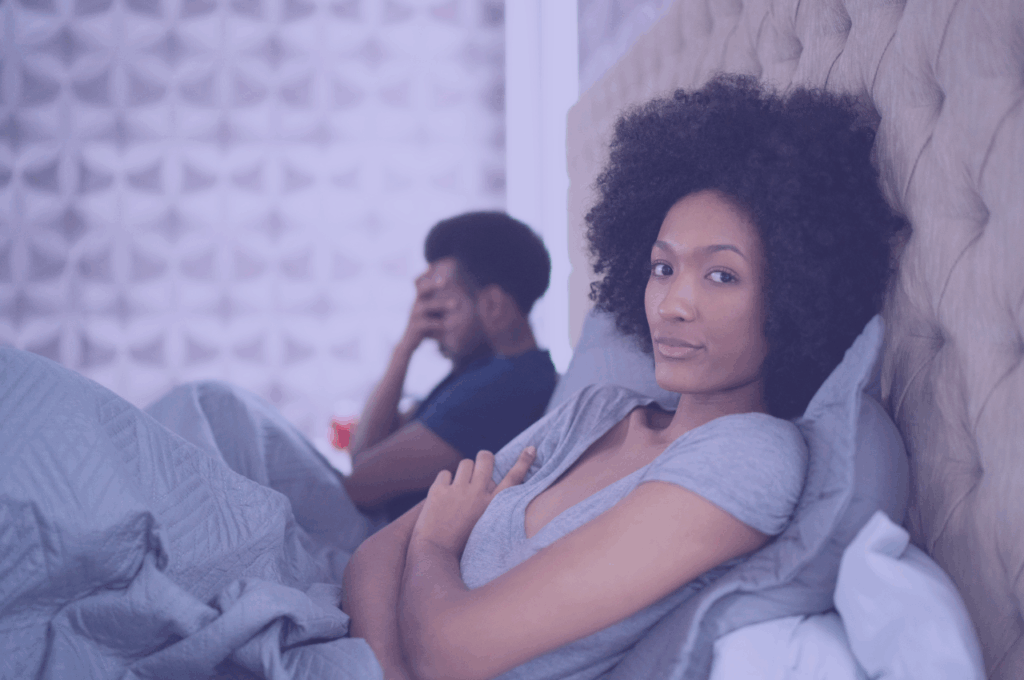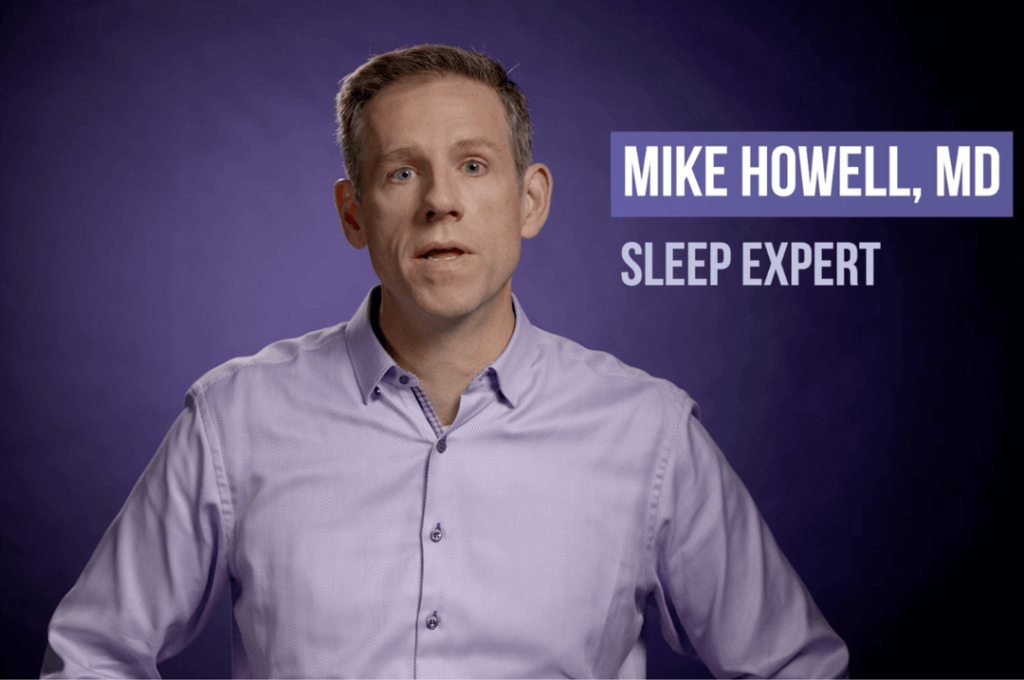Sleep apnea in women often goes undiagnosed due to more subtle and atypical symptoms compared to men, leading to missed opportunities for treatment. This blog explores common symptoms such as fatigue, insomnia, mood disturbances, and headaches, and emphasizes the importance of recognizing these signs and seeking diagnosis to improve sleep and overall health.
When we think of sleep apnea, the typical image that comes to mind is often that of a middle-aged, sleepy man that snores loudly. While this stereotype is not inaccurate, it has led to a significant oversight in recognizing sleep apnea in women. As a doctor specializing in sleep disorders, I’ve seen firsthand how the unique presentation of sleep apnea in women can lead to underdiagnosis and therefore, undertreatment.
Why Sleep Apnea is Often Missed in Women
One of the primary reasons sleep apnea is underdiagnosed in women is that the symptoms can be more subtle and less stereotypical. While men often exhibit classic symptoms like loud snoring, sleepiness, and noticeable pauses in breathing during sleep, women’s symptoms can be more nuanced, making it harder for both patients and healthcare providers to identify the disorder.
Common Symptoms of Sleep Apnea in Women
1. Fatigue
While excessive daytime sleepiness is a hallmark symptom of sleep apnea in both men and women, women may be more likely to report chronic fatigue and exhaustion rather than outright tiredness. This fatigue can be attributed to the fragmented sleep that sleep apnea causes, preventing the body from entering the restorative stages of sleep.
2. Insomnia
Unlike men, who are more likely to report falling asleep at inappropriate times during the day, women with sleep apnea may struggle with insomnia, in particular, difficulty staying asleep, or waking up too early and being unable to return to sleep. This can lead to a vicious cycle where the body is not getting the restorative sleep it needs, exacerbating the symptoms of sleep apnea.
3. Mood Disturbances
Women with sleep apnea are more likely to experience concentration difficulties, depression, anxiety, and irritability. These symptoms are often misattributed to stress, hormonal changes, or other mental health conditions, leading to a significant delay in the diagnosis of sleep apnea.
4. Headaches
Morning headaches are a common symptom of sleep apnea in women. These headaches are often due to the decreased oxygen levels that occur during apneas (pauses in breathing) throughout the night. Women may report waking up with a headache that gradually improves as the day progresses.
5. Less Obvious Snoring
While snoring is a classic symptom of sleep apnea, women may not snore as loudly or as frequently as men. In some cases, women may have what’s referred to as “silent” sleep apnea, where they experience apneas without significant snoring. This can make it harder to recognize the condition.
Why It Matters
The differences in symptoms between men and women can lead to significant delays in diagnosis and treatment for women with sleep apnea. Untreated sleep apnea can have serious health consequences, including an increased risk of cardiovascular disease, stroke, diabetes, and even early mortality.
For women, the risks are compounded by the fact that sleep apnea is often missed or attributed to another condition, such as mental health concerns or menopause.
What Can Be Done?
If you’re experiencing any of the symptoms mentioned above, I recommend talking to your healthcare provider about the possibility of sleep apnea. A sleep study is the most definitive way to diagnose the condition, and there are several treatment options available, such as CPAP Therapy or Oral Appliance Therapy.
As healthcare providers, we must be vigilant in recognizing the unique ways sleep apnea can present in women. By raising awareness and advocating for better screening practices, we can help ensure that women receive the diagnosis and treatment they need to improve their sleep and overall health.
If you suspect that you or a loved one may be suffering from sleep apnea, don’t hesitate to reach out to our care team at GEM. Early diagnosis and treatment can make a significant difference in your quality of life!






